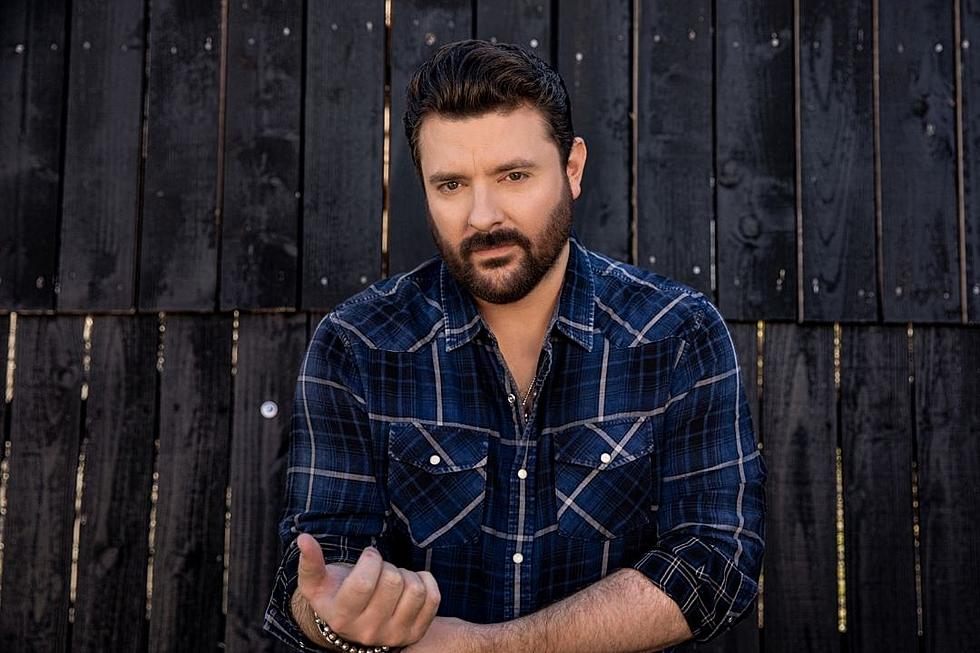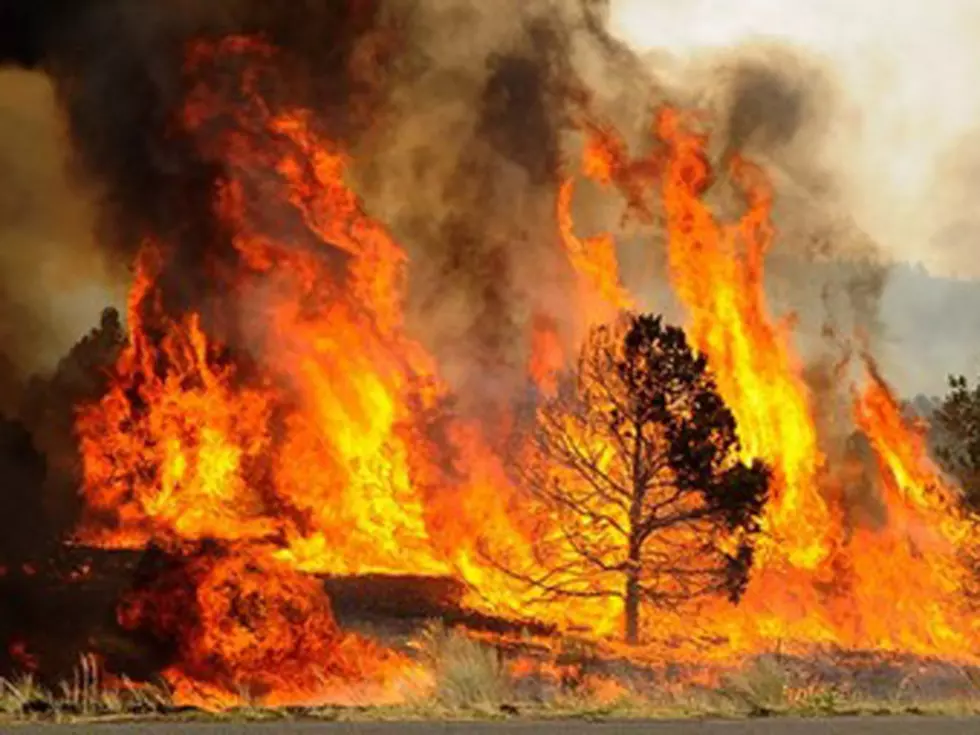
MSU Receives $2.2M Grant to Recruit and Graduate American Indian and Alaska Native Nurses
BOZEMAN — A $2.2 million federal grant will help support students enrolled in a Montana State University program that aims to recruit and graduate American Indian and Alaska Native nurses.
The four-year Nursing Workforce Diversity grant from the U.S. Health Resources and Services Administration will allow the MSU College of Nursing to offer scholarships to 15 American Indian and Alaska Native nursing students enrolled in its Caring for Our Own Program, or CO-OP. When combined with other funding opportunities, such as the college’s Indian Health Service Scholarship and Montana Advantage Nursing Scholarships, the college is now able to offer funding to almost all of the program’s students, according to Laura Larsson, CO-OP program director and a nursing professor.
Larsson said the college is thrilled to receive the grant.
“The Nursing Workforce Diversity funding mechanism was the original funding source for CO-OP when it started back in 1999,” she said. “It is a privilege to continue to receive this highly competitive, foundational funding source.”
Larsson said a record number of students, 72, are currently enrolled in CO-OP, including seven students who are pursuing a Doctor of Nursing Practice degree to become nurse practitioners. Students from every American Indian reservation in Montana are enrolled in CO-OP, she noted, as well as students from throughout the region and across the United States.
Started in 1999, CO-OP aims to recruit and graduate Native American nurses, particularly those who will work in Indian Health Service facilities on reservations or in urban settings. CO-OP supports both undergraduate and graduate students with advising and, if needed, tutoring. Through the program students receive financial assistance with tuition, books, fees and supplies. Many students and graduates also say the informal support from CO-OP peers and administrators was crucial to achieving their dream of becoming a nurse or nurse practitioner.
By offering resources and support to students, Larsson said, CO-OP and the College of Nursing intend to recruit more American Indian and Alaska Native students so nurses in the state will reflect the percentage of Montana’s population who identify as Native American. A second goal is keeping American Indian and Alaska Native students in school across all College of Nursing programs at equivalent rates to their white counterparts. Finally, they want to ensure that American Indian and Alaska Native MSU nursing graduates continue to pass the NCLEX-RN licensing examination or the nurse practitioner certification board examinations at equivalent rates as their classmates. The ultimate goal of CO-OP is to help improve the quality of health care in Native American and Alaska Native communities by increasing the number of qualified Native American and Alaska Native nurses who are prepared for practice, management and leadership to serve Indian Country.
Larsson said the college is committed to diversifying the classroom and the workforce. To that end, it has been updating and revising its processes that drive those outcomes.
“Ongoing education and cultural awareness training for all students, staff and faculty continue, even as we have celebrated more than 20 years of CO-OP,” Larsson said.
Larsson noted that in Montana, American Indians represent 6.5% of the population, but only 3.2% of the nursing workforce identify as American Indian or Alaska Native. Nationally, American Indian and Alaska Native nurses represent only 1.2% of the nursing workforce.
“All the current literature suggests that individual health outcomes are improved when you have a nurse who shares your cultural background,” Larsson said. “Increasing the number of American Indian and Alaska Native nurses in the workforce is critical to Montana’s health.”
For those who pursue a career in nursing, the degree can provide economic benefits, too.
“Diversifying the workforce improves health outcomes and also helps improve socioeconomic status in rural communities,” Larsson said. “Nursing careers are well-paying jobs. We think the CO-OP program tackles the issues of rural isolation, health and poverty all at once.”
One hundred twenty-one students have completed the Caring for Our Own Program since its inception, according to Larsson, and more than 100 of those graduates are licensed nurses working in Montana. In addition, 10% of the program’s graduates have chosen to enroll in MSU’s doctoral nursing program.
“We’re seeing a really strong association with completing the baccalaureate here and then completing our Doctor of Nursing Practice program,” she said. “There are also other students who do a doctoral program somewhere else, which is great, especially because the majority of them are still practicing in Montana.”
The Lame Deer Service Unit of the Indian Health Service on the Northern Cheyenne Reservation has employed a number of CO-OP graduates in recent years, according to Mardell Nichols, director of nursing. Historically, the facility has been short of nursing staff, and the problem was exacerbated by COVID-19, she said. The Lame Deer clinic currently employs three CO-OP graduates, she said, and five additional CO-OP graduates have worked there in previous years. All have proven to be top-notch nurses, she said.
“They’ve all been very well prepared,” she said. “We see a lot of motivation and desire to learn, and (the CO-OP graduates) are active in the local community, as well.”
Debby Bends, CEO of the Lame Deer Service Unit, said the value of having Native American nurses work in the community extends beyond the culturally sensitive health care they provide. They also serve as role models for area youth.
“There is a huge benefit to seeing nurses out in the community,” she said. “Our young girls and boys see that they, too, can excel. They, too, can achieve a degree, whether in nursing or another field. They, too, can achieve their dreams.”
Sarah Shannon, dean of the MSU College of Nursing, said the Caring for Our Own Program is a treasured part of the College of Nursing.
“Our college’s mission is to enhance the health of the people of Montana, our nation and the global community through education, creation of knowledge and service,” Shannon said. “CO-OP is the most important way that we truly live that mission. The College of Nursing is committed to educating the nursing workforce that will address Montana’s needs today and tomorrow, particularly our tribal communities.”
Larsson said CO-OP’s progress is encouraging.
“It’s absolutely wonderful to see that in just one generation, we can witness meaningful movement on solving the problem of having enough American Indians in nursing,” she said. She added that seeing 10% of CO-OP graduates going back to nurse practitioner school, the future looks even better.
“You can see that in just 20 years, if we maintain this momentum, we can begin to solve the critical shortage of health care providers in rural parts of Montana,” Larsson said.
The MSU College of Nursing educates students on its five campuses to be professional nurses capable of working in a variety of settings. It is the largest supplier of Bachelor of Science-prepared nurses in Montana. It is also Montana's only public provider of graduate nursing education and offers a Master of Nursing degree focused on rural clinical nurse leadership and a Doctor of Nursing Practice program that prepares students for certification as family nurse practitioners or psychiatric mental health nurse practitioners.
More information about the MSU College of Nursing is available at montana.edu/nursing/. To learn more about the college’s Caring for Our Own Program, visit montana.edu/nanurse/.
- By Anne Cantrell, MSU News Service -
More From K96 FM






![Jake Owen’s ‘Best Thing Since Backroads’ Is Two Kinds of Retro [Listen]](http://townsquare.media/site/204/files/2020/11/jake-owen-twin-brother-picture.jpg?w=980&q=75)

![Luke Bryan Sings ‘Songs You Never Heard’ for His Late Brother [Listen]](http://townsquare.media/site/204/files/2021/06/attachment-luke-bryan-my-dirt-road-diary.jpg?w=980&q=75)
